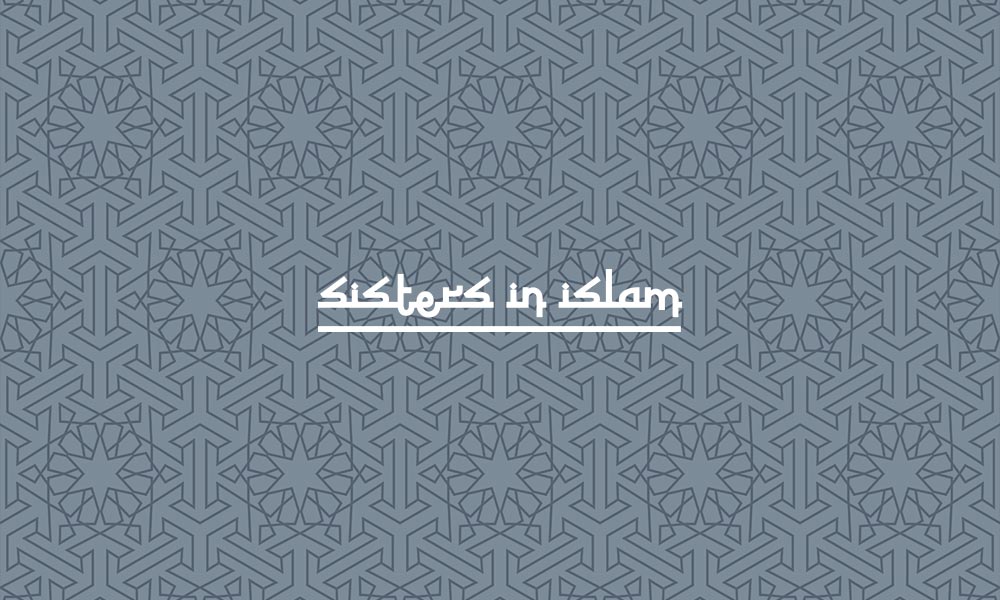The issue of polygamy currently receiving media prominence from two separate cases surfaces the multiple problems present within its practice in Malaysia.
Firstly, the amount of deception and dishonesty that is present in the practice of polygamy. Tan Sri Zaki Azmi with his second wife, Nor Hayati, deliberately burnt their original marriage certificate to keep their union a secret from his first wife (NST, 5 August 2005). Now that he is facing problems with his second wife, he is seeking to get their marriage declared null and void as a way to resolve the matter. In other words, to claim that the second marriage did not really exist and that he had in effect, deceived his second wife about the legality of their union.
When a prominent senior lawyer and public figure chooses to use his access to knowledge and expertise in law to effect deceit in his existing married life, as well as to evade responsibility and problems in his subsequent marriage, this demonstrates a startling lack of respect not only for his chosen life partners, but also to the family as instituted in law and religion. What can Malaysians expect when leaders of our community display such blatant lack of deference to the integrity of family life and the institution of marriage? Why have laws on polygamy in the first place, when they are used not to protect rights and interests of contracting parties, but as a way to avoid duties and responsibilities?
Secondly, the threat of instability to existing family members is inherent within the practice of polygamy. Lans Korporal Tuan Azman Tuan Ludin was allegedly splashed by formic acid by his wife because he intended to take on a second wife.
Imagine being over 50-years-old and having to care for 10 children. The trauma that Siti Khalifah Sulong faced must have been great indeed to take such a drastic and violent action as a response to the potential threat to the stability and security of her family life when Tuan Azman wanted to marry a second wife, who is some 30 years younger than she is. In such a situation, does she have any real choice to say no to his decision? With 10 children, has she had the opportunity and time to seek gainful employment? This is not merely an issue of how best to approach the first wife as Datuk Nik Aziz Nik Mat advised (NST, 4 August 2005, p. 17), but an issue of a sudden and complete change in all aspects of life.
To resist means taking on significant obstacles. If a wife disagrees, her religious convictions may be challenged since many Muslims believe that polygamy is a practice unquestionably allowed for men under Islam, in spite of conditions under the Islamic Family Law. If she chooses divorce and her husband objects, she knows she will be mired in a lengthy court battle and further disruption to her family’s quality, standard and security of life. She will have to be embroiled in legal processes to be with her children and to ensure that her contribution to the family’s material wealth are fairly protected and compensated.
This leads to the third important point: the practice of polygamy transfers the responsibilities of preserving the sanctity and integrity of marriage and family life to the female partner(s) in this relationship.
Even when a polygamous marriage appears to be harmonious, it is experienced at the expense of the first wife’s dismay, as can be seen from Datuk Mokhtar Abdul Samad’s marriage (NST, 7 August 2005, p. 10). When he initially took on his second wife, he admitted that his first wife was strongly resistant and pained by the action. Till today, all three wives declared that they would prefer to be in a monogamous marriage, but had to swallow their needs and interests with a silent submission to fate to avoid further harm and conflict to their family.
Meanwhile, a man can claim the title of decency and ‘good husband’ merely by exercising his ‘right’ to polygamy to legitimise his love and/or lust for a woman who is not his wife. If he actually informs his existing wife/wives and seeks consent, he can claim for even higher moral authority. It is not that women have fragile hearts as claimed by Nik Aziz when they are deeply affected by their husband’s choice to be polygamous, but that women have fragile control over their married and family lives because of their unequal status. Added to the relentless societal pressure faced by all women to be with a man in order to achieve complete personhood, polygamy as it is practised can mean women having to agree to being a subsequent wife or be treated as severely lacking.
Polygamy not only affects the individual lives of members within the polygamous or potentially polygamous family, but also the concept and integrity of the family institution within Islam as understood and practised in the Malaysian context. Here, the questions that have been raised through the above cases and many others before them, are within the practice of Islam in Malaysia: How important is the institution of family? How important is honesty between people who have committed their lives to each other? How important is the principle of not-harming others? And how vital is the concept of justice and equality? Without considering the lives and treatment of women in this equation, these questions cannot be adequately answered.
Sisters in Islam
9 August 2005
